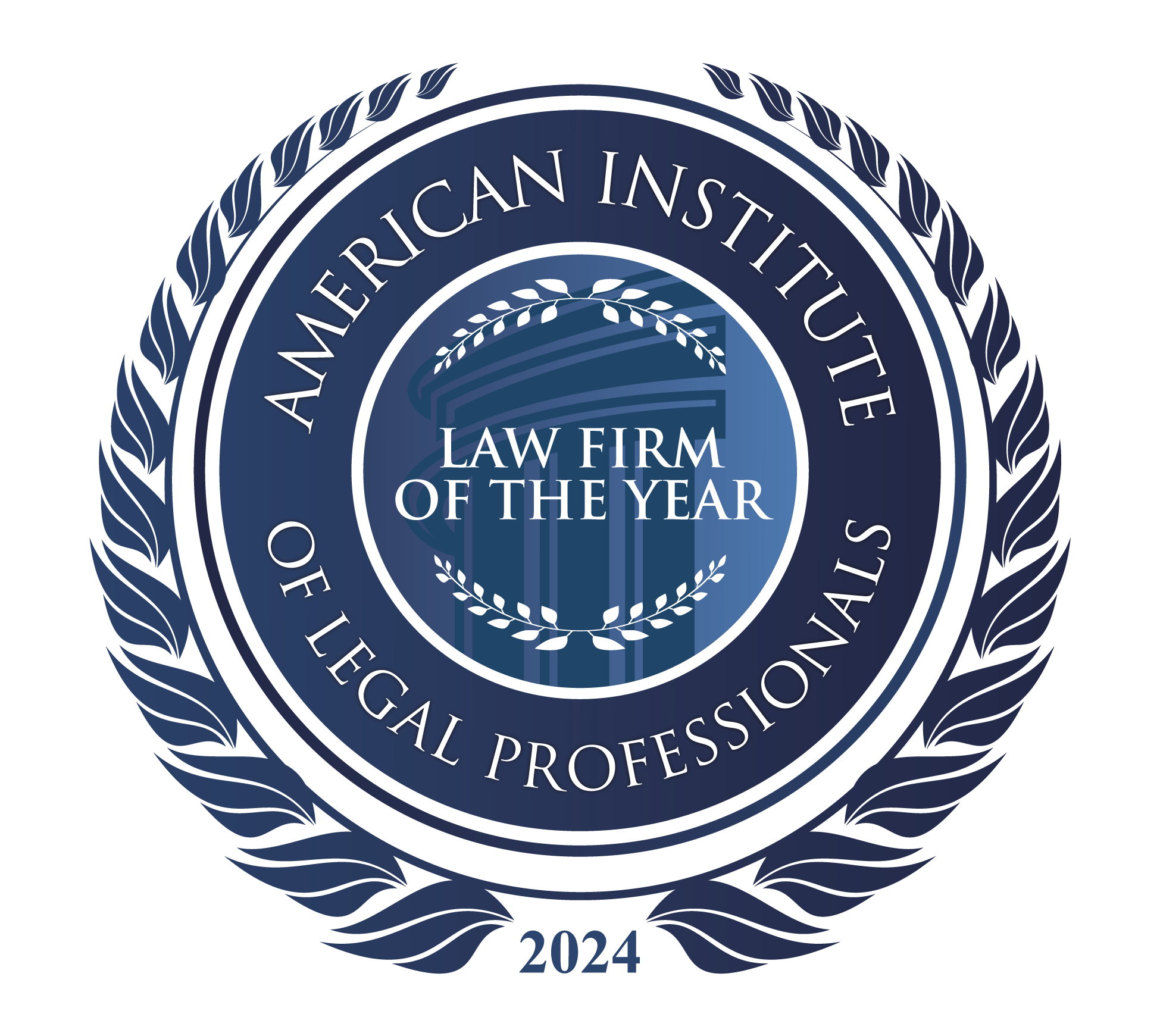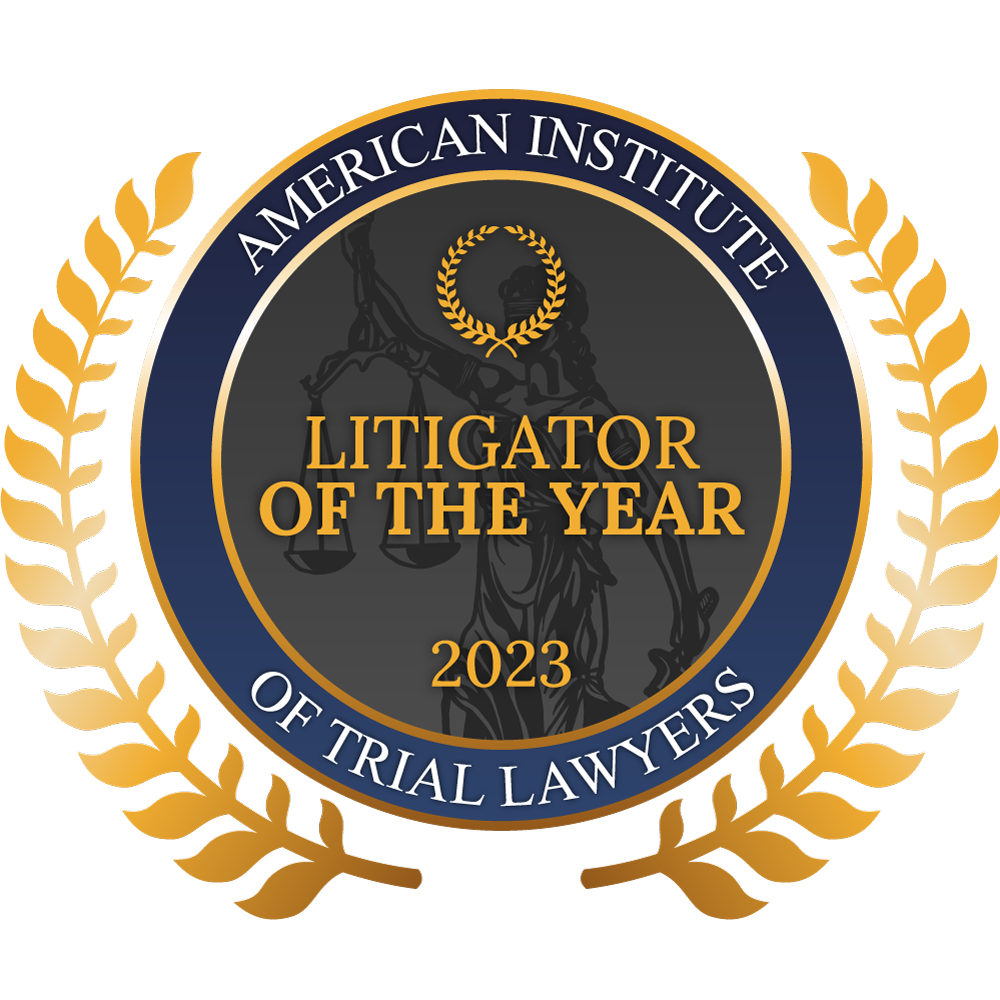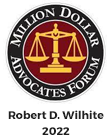
If you’ve been in a collision and need to file a car accident claim with GEICO, call 1-800-841-3000. You may also file an auto accident claim online or through the company’s mobile app.
GEICO will assign a claims adjuster to your case. Technically, it’s an adjuster’s job to investigate and determine how much compensation you’re entitled to. However, they’re also paid to protect their employer’s profit margins, which means they may try to settle your case for less than it’s worth.
What Is the Process for a Car Accident Claim with GEICO?
You have three options to report a crash and file a claim with GEICO. You may:
- Call 1-800-841-3000
- File a claim through the GEICO Mobile app
- File a claim through GEICO’s website
Once you’ve reported the accident, GEICO will assign a claims adjuster to your case. The adjuster then investigates the accident, reviews the relevant insurance policy to determine if and how much it covers, and potentially offers you a settlement to close out your claim. Do not accept a settlement without discussing your options with an attorney. You likely do not know the true value of your claim, and whatever the adjuster offers could be far less than what you’re actually owed.
Should I Give the Adjuster a Recorded Statement?
If an adjuster representing the other driver’s insurance company asks you for a recorded statement, politely decline. There is no requirement for you to provide one. However, an aggressive adjuster might subtly hint that giving a statement is mandatory. For example, they might say it’s “company policy” to get recorded statements from claimants. Even if this is a policy, the law doesn’t require you to provide a statement.
Giving a recorded statement is just one error you could make when working with a claims adjuster after a crash. Other mistakes to avoid making include:
- Saying you’re “fine” – While the adjuster may seem friendly when speaking with you, they might be listening for statements they can use to justify offering less compensation than you deserve. For example, an adjuster might ask how you’re feeling when starting a conversation. If you say you’re “fine,” “doing good,” or something similar, the adjuster could reference these statements to argue your injuries aren’t very severe.
- Admitting fault – Never say anything to an insurance adjuster suggesting you might have caused the wreck. Even implying you feel partially to blame could affect how much compensation you may receive.
- Sharing information – The adjuster will likely probe you about a range of information, claiming they need it for your case. For instance, they may ask you to provide everything from your Social Security number to friends’ and family members’ contact information. They may even ask you to sign a medical release. Do not give them this information. Don’t assume you need to provide any information an adjuster requests. Instead, speak with a car accident lawyer first to avoid sharing information you don’t have to provide.
How Can I Negotiate a Settlement with GEICO?
Negotiating a settlement may be necessary in order to get proper compensation for your losses. You can strengthen your case by:
Gathering Evidence
If you’re filing a claim with another driver’s insurance company, you may need to provide evidence showing the other driver caused the wreck. This evidence can take many forms. Examples include witness statements, pictures of the crash scene, and video of the crash.
Collecting Documentation
You will also need to provide GEICO with documentation showing why you believe you deserve the amount of compensation you’re seeking. For example, copies of medical bills can help you prove you’ve incurred certain financial losses from a crash. You may also want to provide documentation of intangible losses, like pain and suffering. Keeping a pain journal might help you prove these losses.
Do I Need a Car Accident Attorney to Help with My GEICO Claim?
While there’s no legal requirement to hire a car accident lawyer when filing a GEICO claim, doing so is smart. An auto accident lawyer can help you by:
- Reviewing your case to determine your options for seeking compensation
- Investigating the crash to secure evidence that someone else is to blame
- Gathering documentation of your losses, like lost wages, medical bills, and pain and suffering
- Negotiating with the claims adjuster for a fair settlement
- Taking your case to court if GEICO refuses to make a reasonable offer
It’s easy to accidentally say something to a claims adjuster that could negatively impact the compensation available in your case. You don’t have to worry about it when a lawyer handles correspondence with the insurance company on your behalf.
How Long Do I Have to File a Claim with GEICO?
The time limit to file a claim with GEICO depends on your relationship with the company. If you are filing a claim under your own policy, you should alert them of the accident within 48 hours to avoid jeopardizing coverage. You likely have more time to file when contacting GEICO because they insure the driver who hit you.
Regardless, you should speak with an attorney immediately. The sooner you do, the sooner you have someone protecting you and negotiating on your behalf.
Be aware that seeking compensation may require filing a lawsuit if GEICO won’t offer a fair settlement. Each state has its own deadline for pursuing legal action. Miss the deadline, and you might be waiving your right to compensation.
Contact a Car Accident Lawyer at The Wilhite Law Firm
GEICO is a business first and foremost. No business wants to lose money. If you negotiate a car crash settlement with a claims adjuster directly, you risk settling your case for much less than you might deserve.
That doesn’t have to happen. At The Wilhite Law Firm, we can help you file a claim and negotiate with an adjuster on your behalf. Contact us online for a free case review to learn more.























